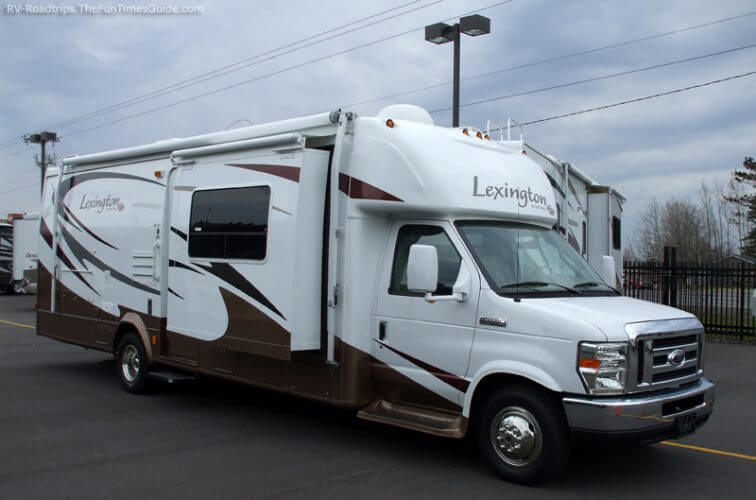Most people have seen pictures of RVs on fire and, let’s face it, it does look pretty scary. If you haven’t seen how an RV looks like when it’s on fire, try Googling “RV fire” and you’ll see pictures of horrifying scenes. No one wants to put his or her family into danger. Fire safety should be a priority of every RV owner.
Truth be told, RV fires are pretty common—no thanks to the way it’s made and the materials it’s made of. Yes, RV’s can burn and go up in smoke pretty quickly and if you’re not alert, you may get trapped inside just a matter of seconds.
Don’t worry. In this article, we’ll guide you on how you can maximize your RV’s fire safety!
1. Know What Type of Fire You’re Dealing With
It’s a common mistake to think that all types of fire are created equally. The truth is that there are 4 types of fires that have different properties and ways to extinguish them.
Here are the types of fires:

Class A Fires
Created from solid combustible fuels (with the exception of metals) such as wood, cloth, paper, plastic, etc. Can be easily extinguished by cutting its oxygen supply or even putting it out with water.
Class B Fires
Created from flammable liquids such as gas, oil, diesel, alcohol, grease, etc. Unlike class a fires, this type requires more than just plain water to extinguish.
Class C Fires
Created from energized circuits, as long as it’s plugged in. Putting this type out with water can lead to a dangerous electrical shock.
Class D Fires
Created from burning metal, though only a few metal types burn such as potassium, sodium, and magnesium. They’re almost impossible to extinguish, lucky for us RVs don’t get this type of fire.
2. Always Have Several Fire Extinguishers in Your RV
Fire can spread quickly and having only one fire extinguisher will have you rushing to where it is—making it harder to put out. But if you have several fire extinguishers that are placed in your kitchen, bedroom, storage, and in the truck’s cab, you can maximize your safety.
3. Make Sure Your Detectors Are Working All the Time
Always have fresh batteries installed in your smoke, carbon monoxide, and propane detectors. These are crucial devices that can save lives in quick, emergency situations. It’s a good idea to change all batteries every five months or so.
4. Have Your Propane System Checked by a Professional
Propane tanks that have leaks or are not working properly is a dangerous fire hazard. Make sure to re-certify your propane system every few years to ensure your RV’s fire safety.
5. Never Overload Electrical Circuits
We know how much you might need to plug a lot of devices into one outlet but, if you care about fire safety, you should avoid doing that. This can overload your electrical circuit and cause a life-threatening class c fire. Make sure to keep your power usage below an outlet’s limit or spread the loads to different outlets.
These tips will surely help prevent any fires in your RV. It’s better safe than sorry, so please follow these fire safety tips as soon as possible. Keep safe and make sure your RV is 100% safe to ride all the time by buying fire safety equipment on RV Part Shop!

